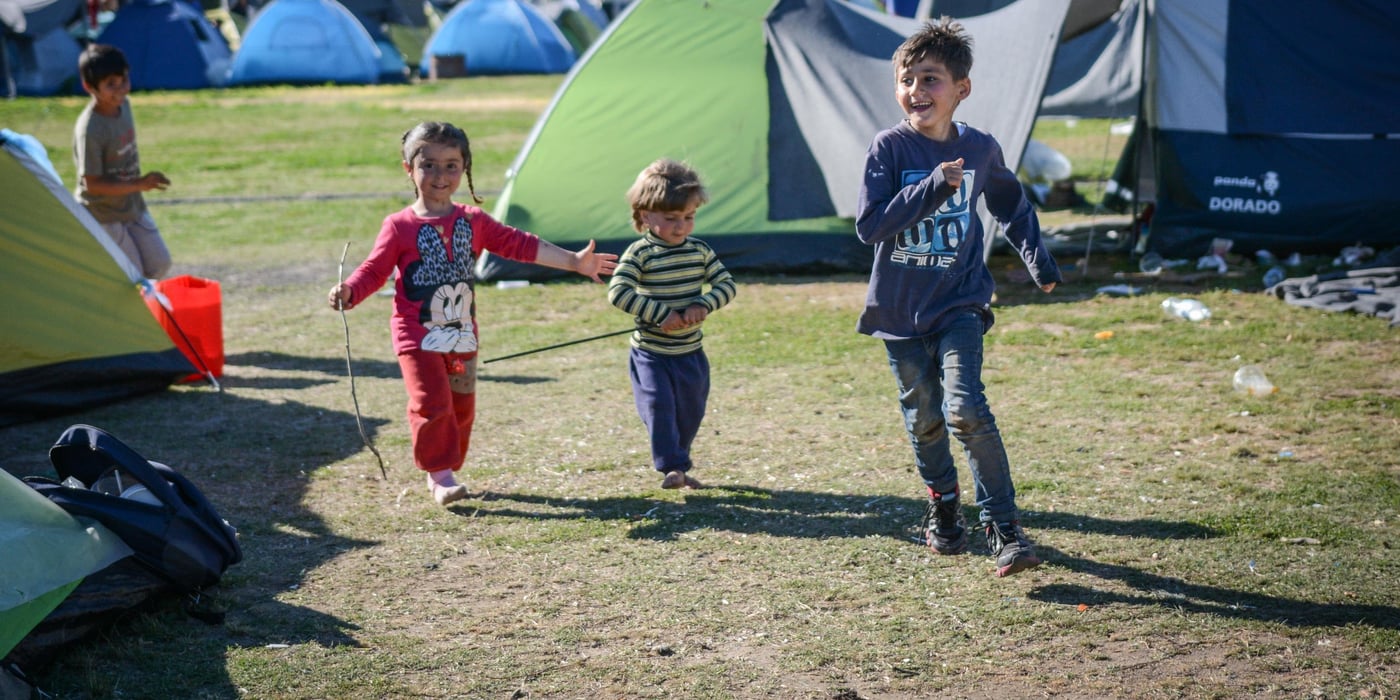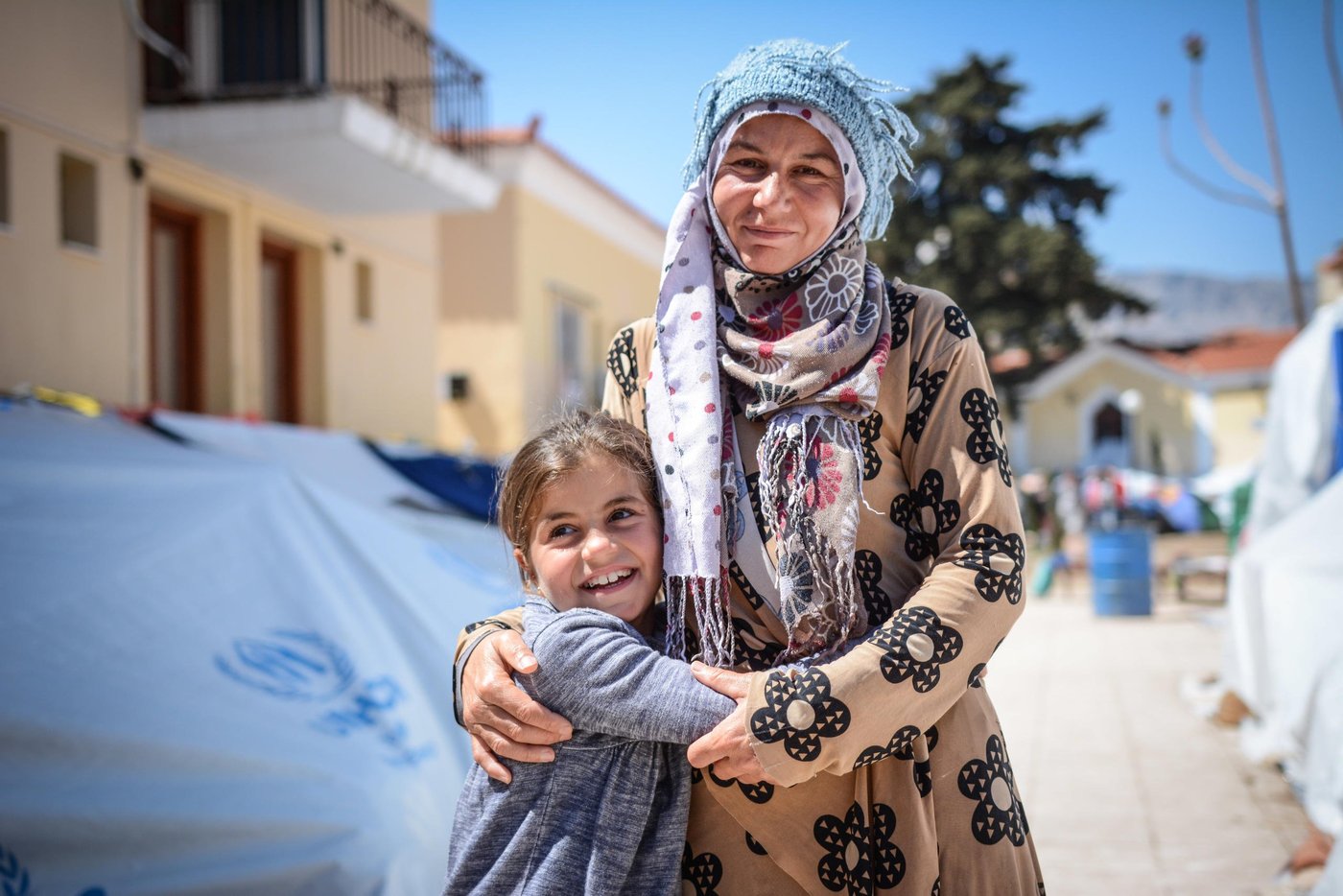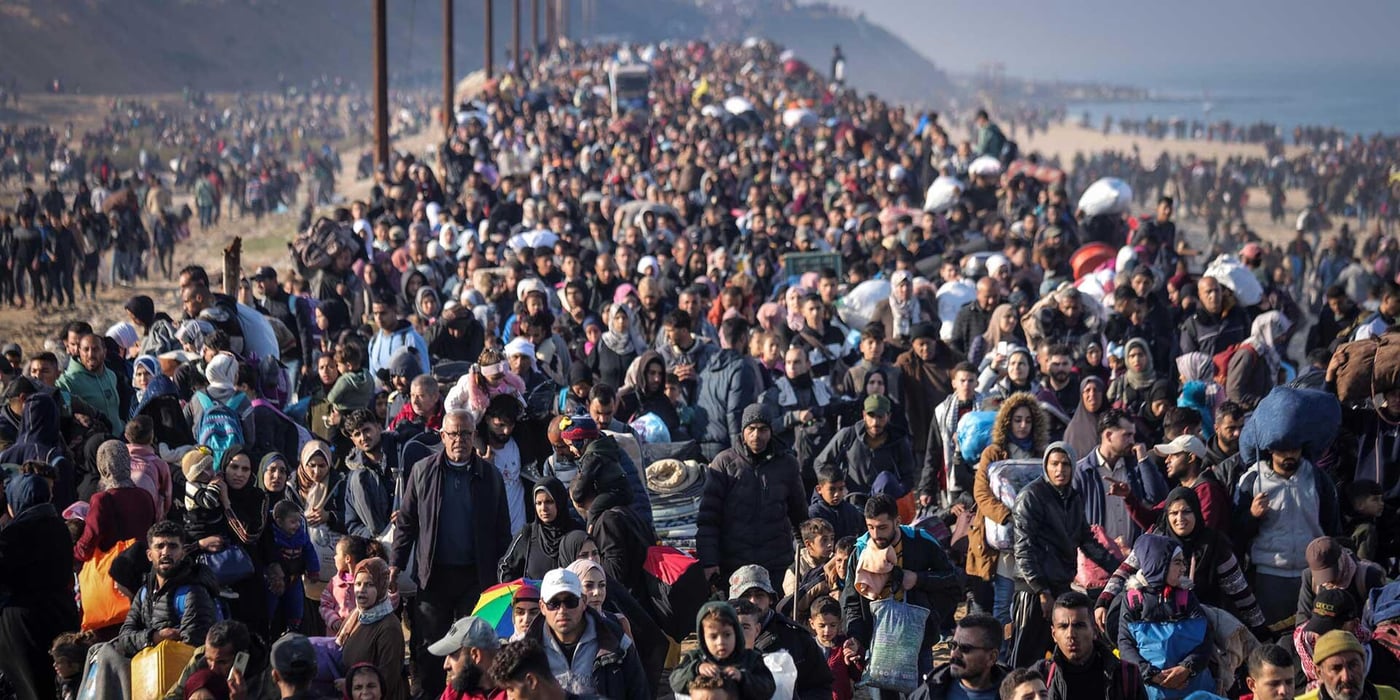
Hundreds of thousands of people have arrived to Europe by boat over the last few years. Until March 2016 most people travelled from Turkey to Greece. Now this route is largely closed due to a recent EU-Turkey deal. The central Mediterranean route from Libya to Italy has become the main pathway for people trying to reach Europe without valid travel documents.
When watching a group of migrants entering European soil, it is difficult to predict who will be granted asylum in Europe and who will be returned to their country of origin. It is not necessarily the people who appear most vulnerable who are entitled to protection. Whether they are rich or poor, healthy or ill, has actually nothing to do with their right to stay. What matters is whether they are in need of protection, based on the definitions in international conventions.
As a result of these criteria, 99 per cent of Syrians who entered Europe were granted asylum in the first quarter of 2016, while only 3 per cent of asylum seekers from Senegal were granted asylum , according to Eurostat.

Refugee, migrant or asylum seeker?
There is some confusion in the use of terminology. A migrant is a person who has travelled outside their own country to settle down in another country. Hence, all refugees are also migrants, but only some migrants are refugees. NRC suggests using 'refugees and other migrants,' to indicate that there are mixed groups where some, but not all, have protection needs.
Many people who arrive will seek asylum when they are at the border or inside a country. This is a right every person has according to the Refugee Convention. Referring to people as asylum seekers does not automatically indicate that they are refugees. Forty per cent of asylum applications were rejected in Europe in the first quarter of 2016 because authorities claimed that the asylum seekers did not need protection.
However, whether a person is a refugee or not is based on the Refugee Convention definition, and not on the decision of the asylum country. A person does not become a refugee because a country is willing to give them protection. They have the right to protection because they are refugees. Hence, the person does not cease to be a refugee if the asylum country fails to give asylum to a person with the need of protection.
Few legal pathways
Most refugees rely on illegal people smugglers to enter Europe, due to regulations which make it almost impossible to get a visa to European countries if they are potential asylum seekers. It has also become increasingly difficult to be granted family reunification. This means that more families rely on people smugglers to be reunited with their loved ones. Norway and a few other European countries have quotas for the resettlement of refugees from neighboring countries, but the total number of quotas available is very limited. Even the relocation scheme that EU countries agreed on for refugees stranded in Greece and Italy has been neglected by most countries.
Over 244 million people lived outside their country of origin in 2015 - more than 3 per cent of the world's population. That means that refugees represent "only" 10 per cent of the total number of migrants globally, despite record numbers of refugees this year. Unfortunately, the opportunities for labour migration from developing countries to Europe through legal pathways are poor, especially for unskilled migrants. That is why many economic migrants try to reach Europe by boat together with refugees. While some try to seek asylum, most of them realize that it is no use trying if you come from a country where you are not persecuted. Therefore, many end up in the informal economy, especially in the southern European countries, where they rely on low paid jobs and with a limited safety net.
It is important to establish legal ways for migrants to work abroad. At the same time, it is crucial to protect the asylum system and ensure that people in need of protection receive this according to the obligations in international conventions. Refugees and labour migrants have different rights, which must be upheld, even when Europe feels overwhelmed by high immigration.


